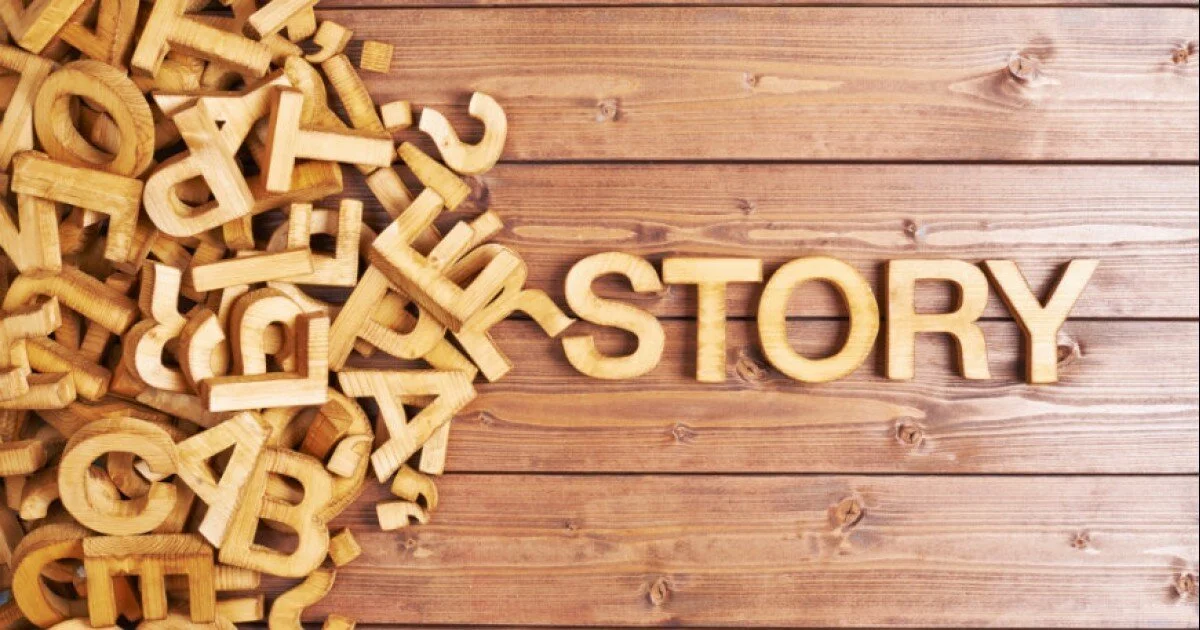Why we all need to learn the art of storytelling
This is the tale of one of the most fascinating conversations I’ve had in a while and it was all about what is ultimately brilliant storytelling.
My story started at work, where I was talking about my jury service experiences with another colleague who’d also been a juror not too long ago. Our stories were over three years apart but as we talked, we both began raving about an amazing barrister who had been involved in our cases. He was captivating, had the most commanding use of the English Language and managed to keep you transfixed and somehow had you willing for him. And as it transpired, it was the same barrister that we were raving about. I even went as far as to say that the 10-minute intro to his summing up for the case I was in was the best piece of storytelling I think I’ve ever seen.
My last point led me to ask, well, what makes a great piece of storytelling? Let’s go back to this barrister - he was able to communicate a highly complex case narrative by turning it into a compelling story. His delivery was not just solely based on the words alone but he used a wealth of other mechanisms to add drama and draw you, the audience, in. His tone of voice would vary from loud to soft to emphasise points by creating light and shade, he’d deliver a flurry of words that went into a forceful crescendo followed by quiet pauses to give his audience, the jury, a chance to be drawn in and then time to pause and reflect. Undoubtedly, his storytelling skills were immense, not just in terms of the array of tools that he utilised during his speech but also his ability to somehow communicate, understand and engage those he was addressing. In a way, he managed to somehow make you feel that he was addressing you directly as an individual.
When I look at the qualities that this barrister had to be a great storyteller, I now see how these qualities and traits are applicable and useful in many other walks of life. The next example that popped into my head was my then four-year-old son’s teacher - the aptly named Mrs Read.
I remember when I was invited into school to a class assembly to see my son receive a ‘Star of the Week’ award. Watching how Mrs Read was able to captivate and engage about 20 three-year-olds was again on a par with what that barrister did. She had ways to draw them in and to hold their attention from her physical presence, eye contact, her tone of voice, speaking at different volumes etc. She used rhymes and stories pitched delivered in an exciting manner to the class as well as non-verbal communication techniques, all very similar to those techniques used by the barrister.
And my final example is from my previous place of work, pi-top where I was lucky enough to work with many people who are great storytellers. These great storytellers weren’t just sat in the communications team but the exciting thing for me is that the amazing storytellers came from across the company from sales, to product to learning. But they all were interested in what they did, had something to say and used a host of the skills and techniques, outlined above, to engage, interest and captivate people in all that they did.
With my examples shared in this article, the one thing that strikes me is that we should all be our own storytellers as it’s such a powerful thing. Being able to tell a story, adding drama and your own personal flair that brings it all to life will help us all to capture people’s attention, and make them interested in what we have to say and what we want to achieve; so being a great storyteller should be a driving goal for us all.

